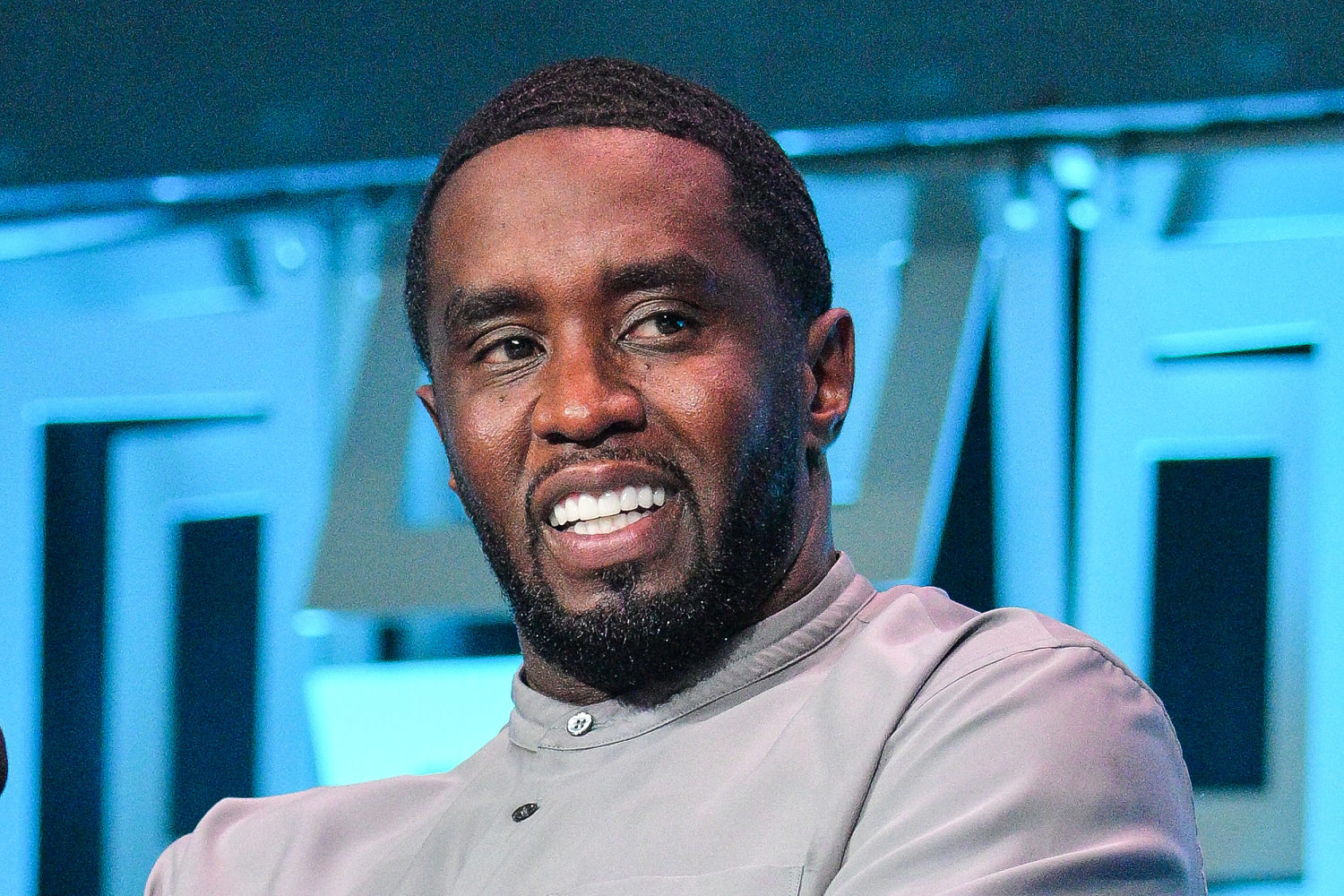
Lawyers for Sean Combs have asked a judge to prevent a clinical psychologist from testifying as an expert witness for the prosecution at his upcoming trial on charges of sex trafficking and racketeering conspiracy, arguing that her “testimony is advocacy masquerading as expertise” and “should be excluded in its entirety.”
In a 35-page motion filed Wednesday, Alexandra A.E. Shapiro, who is among Combs’ attorneys, wrote that Dawn Hughes, a clinical and forensic psychologist in New York City whose specialties include sexual abuse, interpersonal violence and traumatic stress, relies on generalizations about abuse and responses to abuse, as opposed to individual assessments.
“As such, her opinions are of limited value,” Shapiro wrote.
Hughes, who has not examined the accusers or Combs nor evaluated the evidence in the Combs case, was a prosecution witness in two other major sexual abuse cases brought by federal prosecutors — the trials of R&B singer R. Kelly and Keith Raniere, the NXIVM sex cult leader.
Kelly, born Robert Sylvester Kelly, was found guilty in 2021 of multiple charges, including racketeering and sex trafficking. Raniere was convicted in 2019 of racketeering and sex trafficking, among other charges. One of Combs’ attorneys, Marc Agnifilo, also represented Raniere. Kelly, a multiplatinum-selling R&B songwriter, was sentenced to 30 years in prison. Raniere was sentenced to 120 years in prison.
The motion says if Hughes is allowed to testify in Combs’ trial, she would likely offer her opinions about such topics as sexual abuse and victims’ responses to it, coercive control, coping strategies during and in relation to sexual abuse and delayed disclosure of sexual abuse. She testified at Kelly’s and Raniere’s trials about coercive control and sexual abuse.
Federal prosecutors have alleged Combs forced at least three women — identified only as Victim-1, Victim-2 and Victim-3 in his indictment — to engage in commercial sex acts. His indictment said he subjected his victims to verbal abuse, violence, threats of violence and financial and reputational harm.
Prosecutors have accused him of hiring male sex workers to participate in drug-fueled sexual encounters known as freak offs. The allegations first came to light in a civil lawsuit filed against him in 2023 by his former longtime girlfriend Cassie, whose real name is Casandra Ventura. She was once signed to his record label.
The civil suit said Combs coerced Ventura into participating in freak offs, but Combs’ attorneys have said the encounters were consensual. Though Ventura is not named in the indictment, many of the allegations in it closely mirror accusations she made in her lawsuit, which she and Combs settled privately within a day without him acknowledging any wrongdoing.
Combs has pleaded not guilty. He remains incarcerated without bail.
The motion cites the government as saying Hughes’ “testimony is expected to explain how the overarching dynamic of victimization is an abuse of power and control where the perpetrator engages in self-centered behavior to satisfy his own goals and desires regardless of the needs, wants, and well-being of the victim. Although coercive control is commonly discussed in the context of intimate partner violence, the use of coercive control strategies can be used by perpetrators to gain and maintain control in a broad range of interpersonal relationships, including employment relationships, among others.”
Elizabeth Geddes, a former federal prosecutor on the team that won a conviction against Kelly, said she does not expect the motion to be successful. Geddes said she called Hughes as a witness in Kelly’s trial to discuss, among other topics, the use of coercive control, and she said Hughes has been certified as an expert in numerous other cases.
“And she not having any exposure to the facts of Kelly’s case, any of the allegations of the victims, just testified about, generally speaking, how individuals obtain and maintain control,” Geddes said.
In an interview Thursday, Geddes said there is no requirement that an expert actually examine any particular victim. Hughes’ testimony, Geddes said, “is not going to be about any one victim or specifics of any one victim, but much more generally, to explain to the jury how individuals use coercive control to obtain and maintain control.”
“We called her as a witness to generally help the jury understand how predators use certain tools to obtain and maintain control over their victims, because otherwise some of the conduct may not have made sense to the jury,” Geddes said. “And it seems like that’s exactly what the government is trying to do in the Sean Combs case, and I expect that the court will allow it to do it.”








